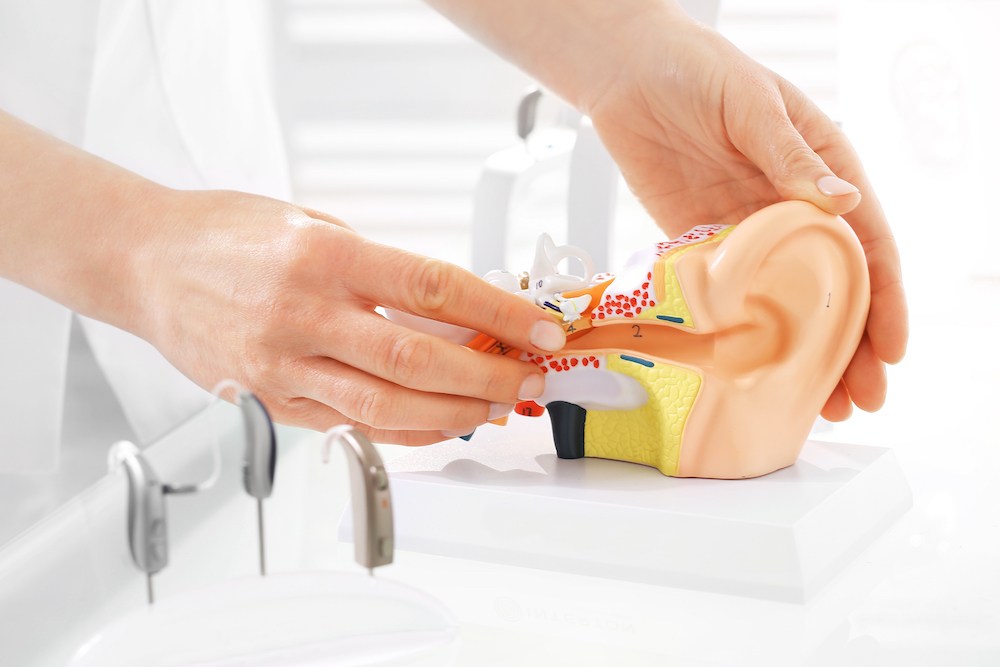Making the Most of Your Hearing Aid Fitting Session
Hearing aid fittings are an important step towards improving your hearing


Hearing aid fittings are an important step towards improving your hearing

Wearing hearing aids means that you have a device you need to look after.

With the help of your audiologist, finding a hearing aid that meets all